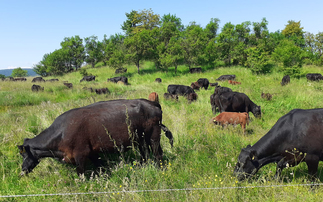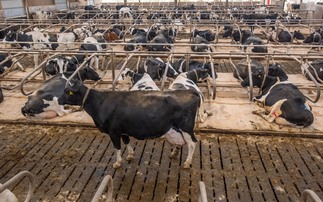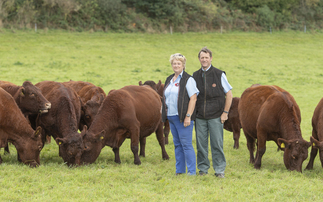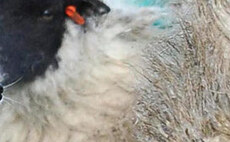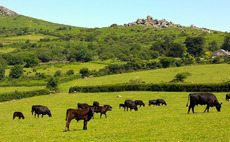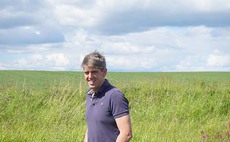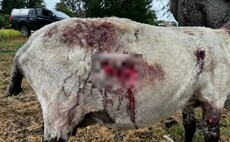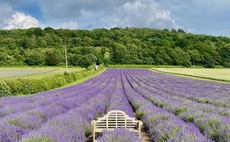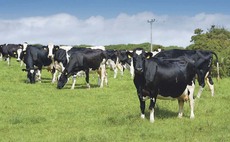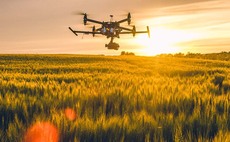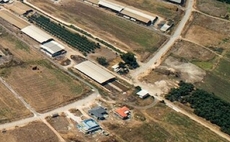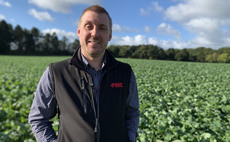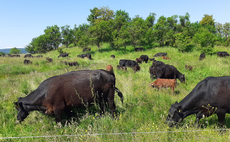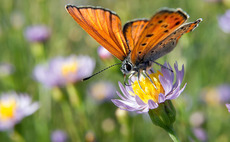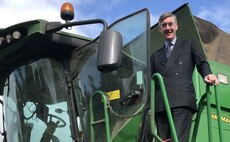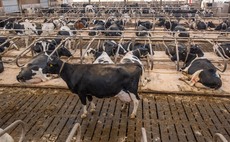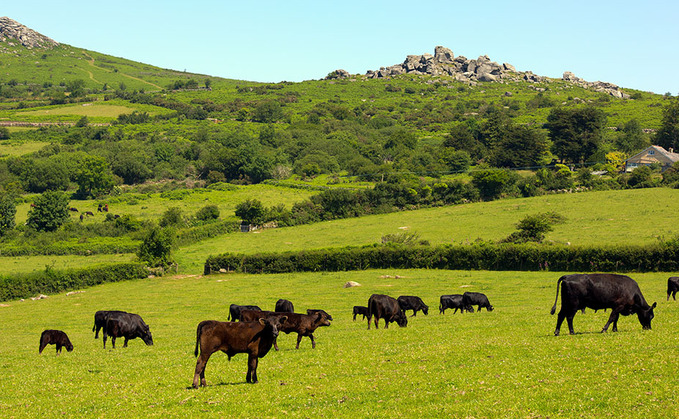
Plans to remove 90 per cent of the livestock from Dartmoor are shocking but perhaps not surprising given the noise around rewilding and its influential backers.
Just this week, rewilding fanatic Ben Goldsmith, who sat on Defras board for several years, took to Twitter to launch a scathing attack on sheep farming.
He wrote ovines cause flooding, wreck wildlife habitats, generally deaden the landscape and are the main barrier to the reintroduction of lynx and wolves.
At least we can thank them for one thing, then.
But despite the obvious shortcomings in the financiers theories and Twitter users were quick to point them out destocking in favour of rewilding is happening and it is happening now.
Livestock has been grazed on Dartmoors rich pastures for thousands of years, in fact its field systems and the majority of its 132,000 scheduled monuments date back to the Bronze Age.
Landscape
But now with numbers being pulled back so dramatically, what does the future look like for the landscape and the people who rely on it?
Already, auctioneers have predicted sales such as the South West Scottish Blackface Ram Sale at Tavistock would be lost, along with other events and shows.
Through stratification, the ripple effect of losing livestock would be enormous and that is not to mention the impact on food production, on farmings allied industries and the dent this would make in the local, regional and national economy.
One local fire liaison officer has warned that without management of the gorse, any blaze would get out of control so fast that it would be unsafe to attend.
Carbon
That is not to mention the amount of carbon such a fire would release into the atmosphere, surely negating any benefit removing sheep would have.
In fact Im told the 6,300ha Glen Dye Estate in the eastern Grampians which was sold in 2021 for forestry and peatland restoration now boasts heather at waist height, posting a huge fire risk.
Those speaking to FG have also told of the knock on effect these top down policies are having on mindsets, further eroding trust in new policies and affecting farmers willingness to engage with future agri-environment schemes.
As the RSPBs chief executive Beccy Speight told FGs Over the Farm Gate Podcast, without farmers we do not stand a chance. Hopefully someone in Government is listening.












